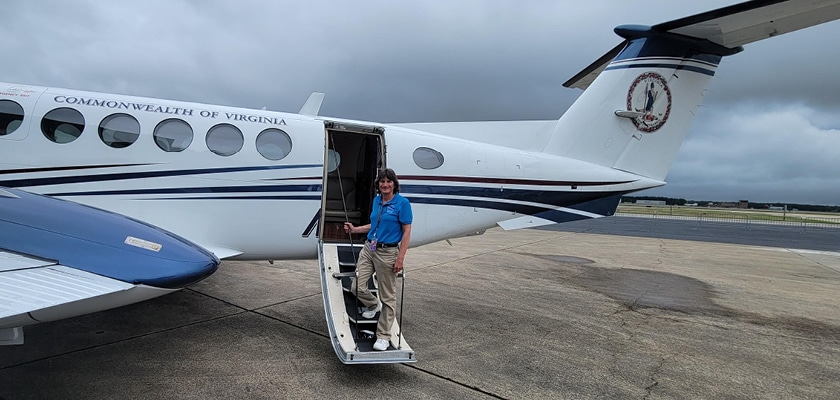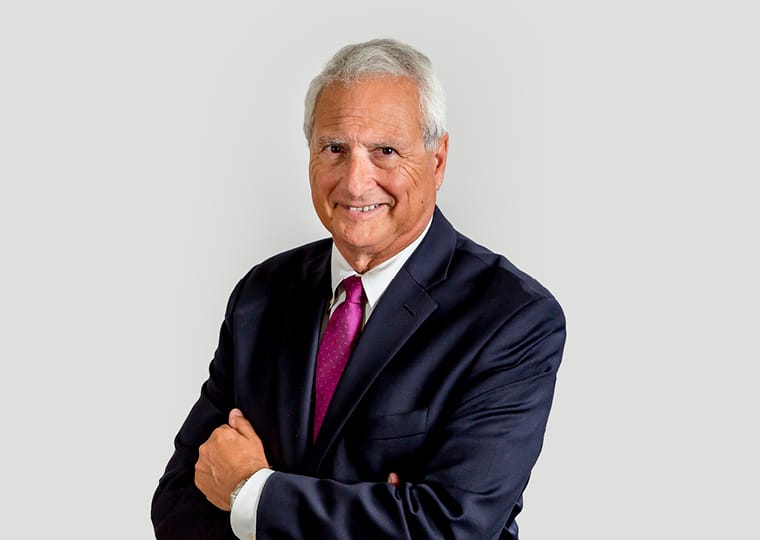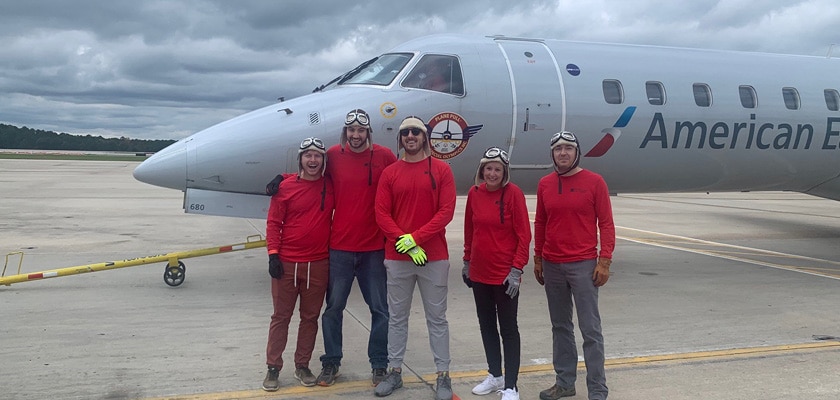
Senior Aviation Construction Inspector, Elizabeth “Dell” Shaff, was part of an award-winning submission for an industry-leading standards case study contest.
Shaff is part of ASTM International’s Vehicle – Pavement Systems Committee. ASTM International is one of the world’s largest international standards-developing organizations as well as the host for the standards case study contest.
For this contest, technical committees submitted examples of standards that would have a positive impact on society. In total, 74 submissions from 44 different committees were submitted, with Shaff being on one of eight winning teams.
For the submission, she helped develop the latest ASTM E3266 Standard Guide for Friction-Limited Aircraft Braking Measurements and Reporting. This guide is used to ensure that aircraft braking action reports (ABAR) created by automated systems meet a minimum level of quality and represent a standard set of assumptions. This report advises pilots on the level of actions or braking that they need when landing in adverse weather conditions.
“This new standard is a system that can be added to an aircraft and then used globally,” Shaff said. “In the past, different entities and countries used different systems. Now, there is an international standard for pilots to use.”
Hundreds of ASTM standards currently operate across the globe. They create solutions that enhance performance and safety for industries such as energy, aviation, advanced manufacturing, consumer products, and the environment. In this case, the use of aircraft data to generate an aircraft braking action report is intended to mitigate human errors due to issues of training, experience, or cognitive bias that may occur with pilot braking action reports.
“This is the first time that there’s an international standard to report on aircraft braking. It’s a key safety assurance,” Shaff said. “It’s an honor to be a part of this winning submission, and I’m very grateful to contribute to something that will be so helpful for pilots, and ultimately, the public.”







